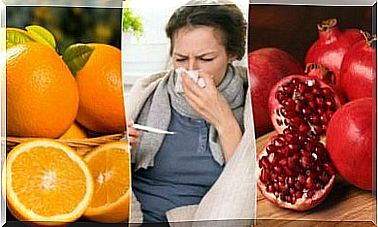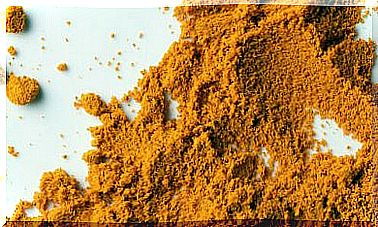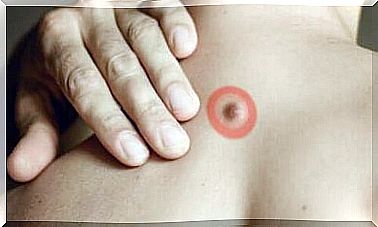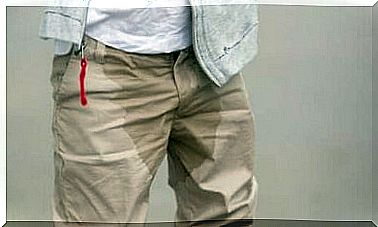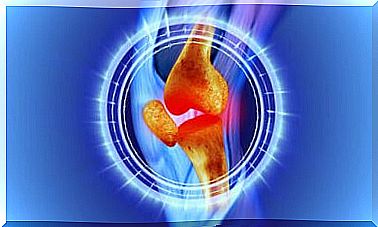Cough Pox Symptoms And Treatment

Whooping cough, or cold sores, is an infection of the lips, gums, or other parts of the mouth caused by the herpes simplex virus. It manifests as one or more blisters or ulcers in these areas. In this article, we go through the symptoms and treatments for whooping cough.
In general, there are two strains of herpes:
- HSV-1, a virus that causes whooping cough
- HSV-2, a genital herpes virus
According to BMJ Clinical Evidence, 20-40% of adults get cold sores at some point in their lives. However, the first infections usually appear during childhood, and researchers believe the virus remains dormant in the crescent nerve node.
Why do we get a cough?
This virus stays in the body. Thus, once the symptoms of the first infection have passed, the virus causes the symptoms again when something activates it.
This virus also spreads easily through contact when there are blisters in the mouth area. For this reason, the use of objects that may have come into contact with the blister, such as planers, towels, or lipsticks, is an absolute no.
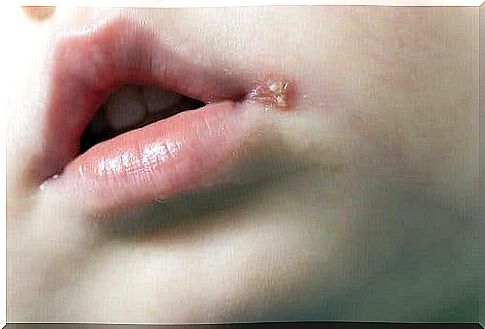
Risk factors
Some factors may contribute to the activation of the virus. These include:
- Weakened immune system
- Autoimmune diseases such as HIV / AIDS
- Severe burns
- Chemotherapy
- Anti-rejection drug used in transplantation
Symptoms of whooping cough
Cough pox can be mild or severe, and some people may even be asymptomatic. Usually, the first symptoms appear about 1-2 weeks after infection and last for about 7-15 days.
The most common symptoms are:
- Itching in the bladder area
- Burning sensation
- Blistering (usually around the lips)
- Tingling in the area around the lips (usually before the blister appears)
- Swelling of the lips
- Excretion and scaling
- Throat discomfort or swollen lymph nodes

Why do whooping coughs occur?
There are many possible causes for the onset of whooping cough. In addition, new infections may occur after the first infection. Common cold sores are due to:
- Decreased resistance
- About stress
- Excessive sun exposure
- Menstrual
- About hormonal changes
- Fever
Tests for cough pox
Your doctor will order several tests to be taken when cough pox occurs repeatedly or when the blisters are larger than normal. However, the most common test is viral culture of blisters at an early stage.
Care
There are two treatments for this condition:
- Local treatment. Here, a viral ointment is applied directly to the cough pox area. This treatment is generally effective when used as soon as the first symptoms appear.
- Medication. Sometimes whooping cough needs to be treated systemically. Doctors prescribe similar antiviral drugs, but in tablet form for oral use. The most commonly prescribed drugs are aciclovir, famciclovir, and valaciclovir.
Your doctor may also prescribe painkillers for the discomfort caused by cold sores. There are other ways to relieve or prevent cough pox besides medication:
- Do not share objects with people who may have whooping cough.
- Use lip balm to prevent them from drying out.
- Eat healthy.
- Do not kiss others when you have whooping cough.
Summary
Cough pox is a susceptible infection caused by the herpes simplex virus. Although the first infection usually occurs as early as childhood, it can return as an adult as a result of several different factors. Antiviral drugs are needed to keep it at bay.
